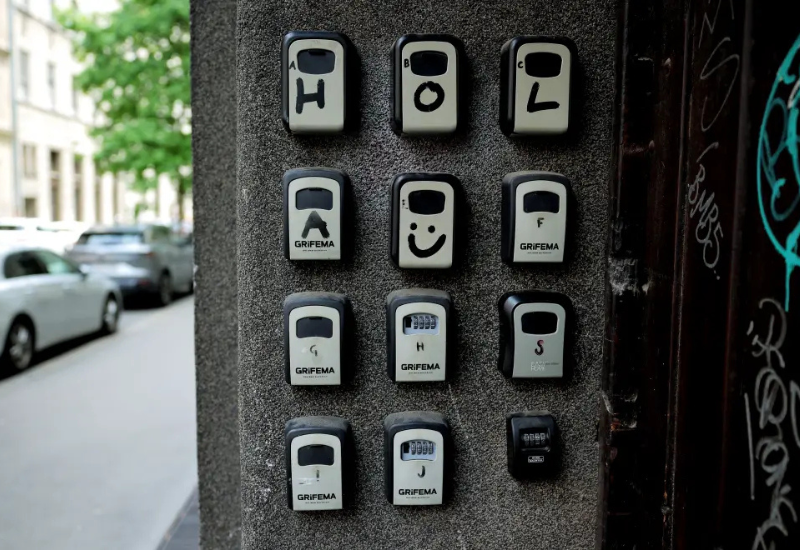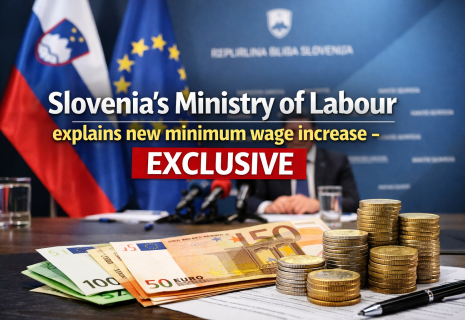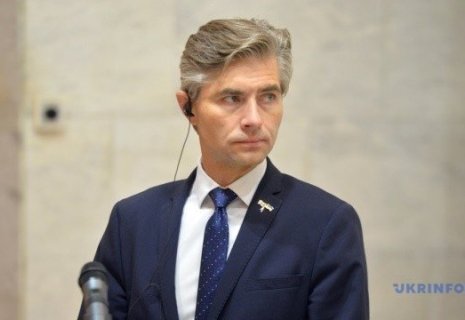
Slovenia’s new bill faces legal threat from property owners
The government of Slovenia has adopted a bill to curb short-term rentals in a bid to make housing more accessible, provoking a backlash from rental property owners, who are considering taking legal action.
The new hospitality bill sets down strict limits on short-term letting while granting local authorities flexibility to adapt the rules, CE Report quotes The Slovenia Times.
The primary objective is to ensure that apartments originally built for residential use serve that purpose again, particularly for young families struggling to find affordable housing, Matevž Frangež, a state secretary at the Ministry of the Economy, Tourism, and Sport, told reporters as the government adopted the bill.
60-day per year cap for multi-apartment buildings
They propose capping short-term rentals in multi-apartment buildings to 60 days per year, with a maximum of eight beds per property.
Owners would require approval from 75% of the building's co-owners and all owners of adjacent apartments, with consents valid for three years. Existing consents would be valid until 12 December 2026.
Properties registered for short-term rentals would receive special labels, and only individuals - natural persons - registered as room providers, could offer such accommodation.
In single-family detached and semi-detached homes, short-term rentals would be permitted for up to 150 days annually, with a maximum of 15 beds, subject to co-owner's approval. Unlike earlier drafts, this provision now allows sole proprietors and legal entities, not just individuals, to operate such rentals.
Notably, municipalities will be able to tailor these limits to local conditions. In multi-apartment buildings, they could set the rental period between 30 and 90 days, while for single-family detached and semi-detached homes, the range could extend from 30 to 180 days, balancing housing needs with demand from tourists.
No obligation to serve free tap water
The bill also includes changes affecting restaurants. Most notably, a previous proposal requiring hospitality venues to provide free tap water was removed following objections from the Chamber of Trade Craft and Small Business (OZS).
"Drinking water is a constitutionally guaranteed right, but both you and I must pay for this water in our households. I believe it was justified to heed the OZS representatives' view that just because something is a constitutional right, it doesn't mean hospitality providers should have to supply and pay for it," Frangež said.
Property owners opposed
Room providers levelled heavy criticism at the bill, claiming it could eliminate 90% of private short-term rental operators.
Katja Rezman, president of the Association of Room Providers, complained about faulty consultation. Backed by 3,200 signatures, including from travel agencies and some municipalities, their petition calls for further public debate.
Marko Petković, head of the Hospitality of Slovenian Homes association, described the bill as a "minefield of impractical provisions," arguing that the 60-day cap will not solve housing shortages.
"Which family would lease a flat for 305 days, then leave for 60?" he wondered. He pointed out that many tourist apartments lack amenities like washing machines, making them unsuitable for long-term tenancy.
The opponents' concerns are backed by a survey of over 1,000 room providers, conducted as part of the Room Providers' Barometer 2025. The findings show 85% saying they would not switch to long-term rentals if the bill is passed, with 59% already halting investments in their properties due to uncertainty.
Petković argued that the uniform restrictions, allegedly without precedent in Europe - ignore local variations, suggesting that housing issues should be tackled at the municipal level rather than through a nationwide cap.
The opponents do not rule a constitutional challenge or legal action for damages. Petković said calculations showed room providers would suffer €1.6 billion in a direct loss of potential income over a 30-year period.
"Public interest can, of course, override the interest or the right to the free enjoyment of private property and free enterprise, but public interest has to be evaluated, and this has not been the case so far," he said.
Govt argues intervention proportionate
State Secretary Frangež countered by arguing the bill is proportionate and constitutionally sound: "The rationale for this regulation is to return apartments to permanent forms of residency. Given the inaccessibility of housing - the fact that we have a housing crisis in the country - state intervention is justified."
He cited a University of Manchester study which found that the concentration of privatised apartments and low availability of rental housing exacerbate access issues for vulnerable groups.
He noted a fivefold increase in short-term rentals over the past eight years and the professionalisation of the sector, trends that are removing apartments from the long-term rental market.
























